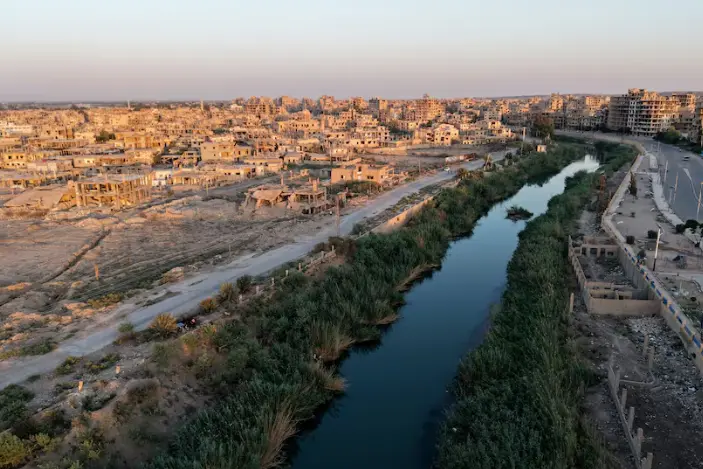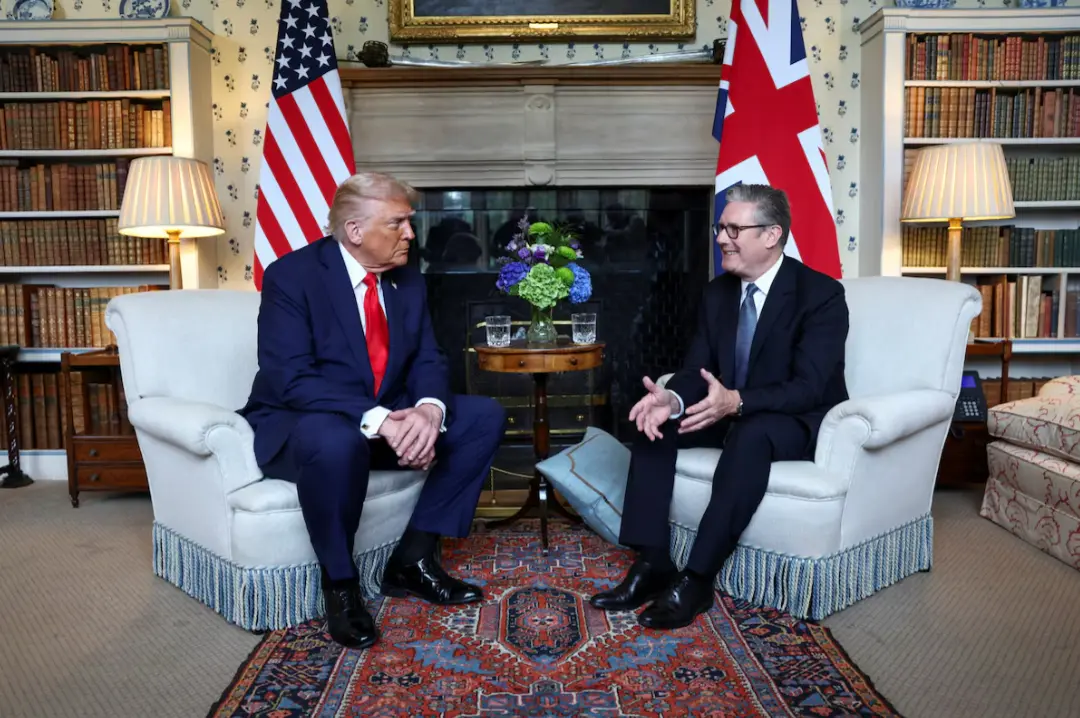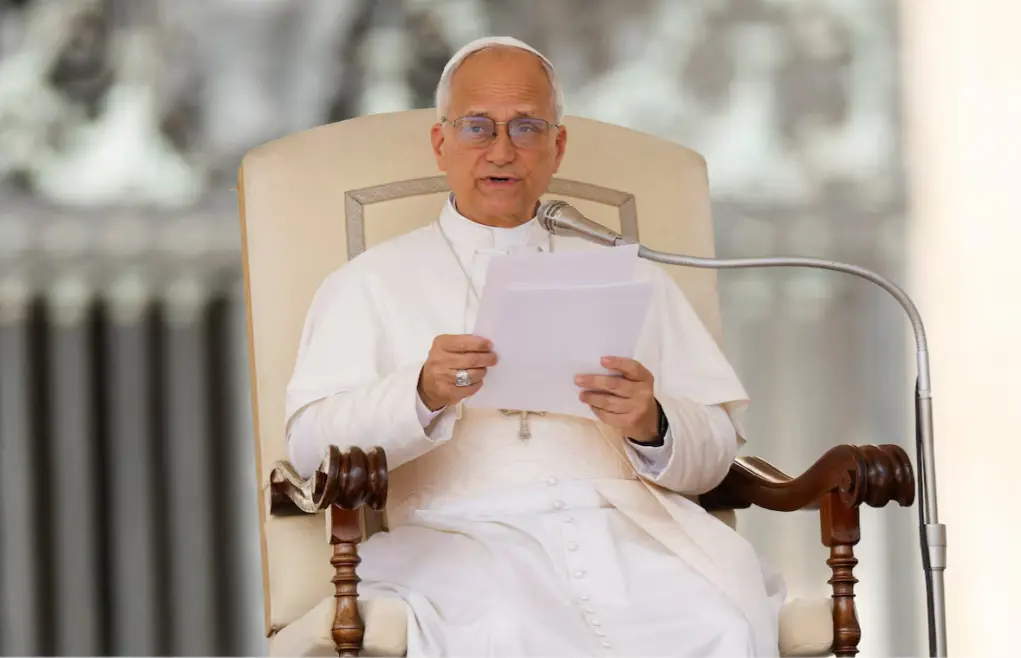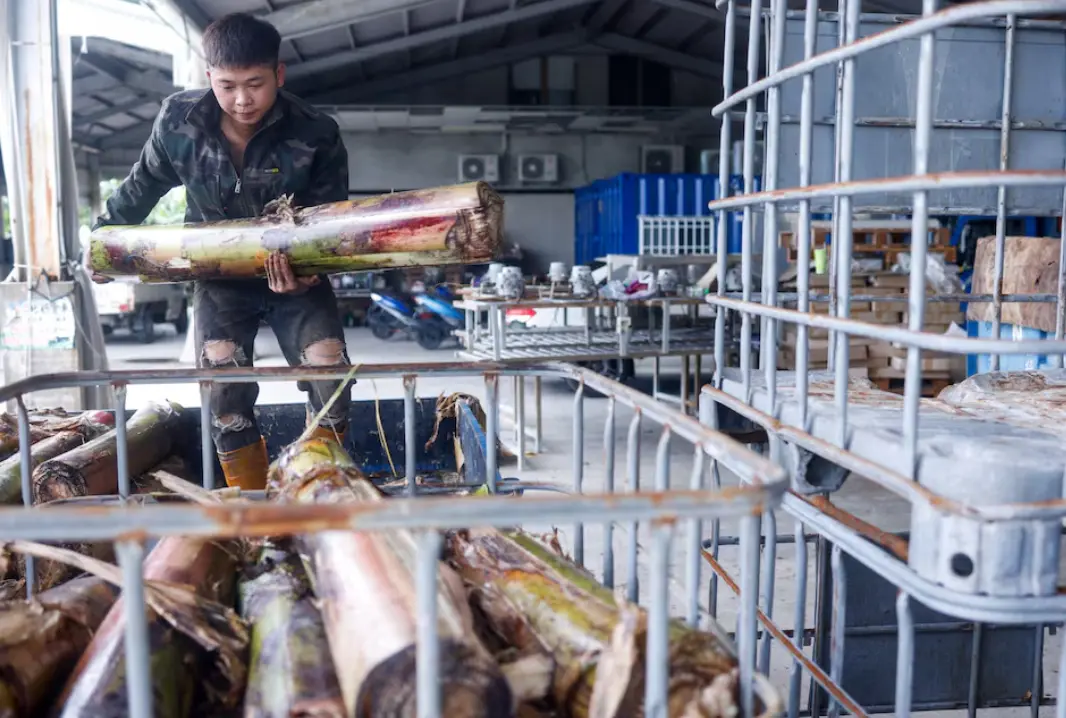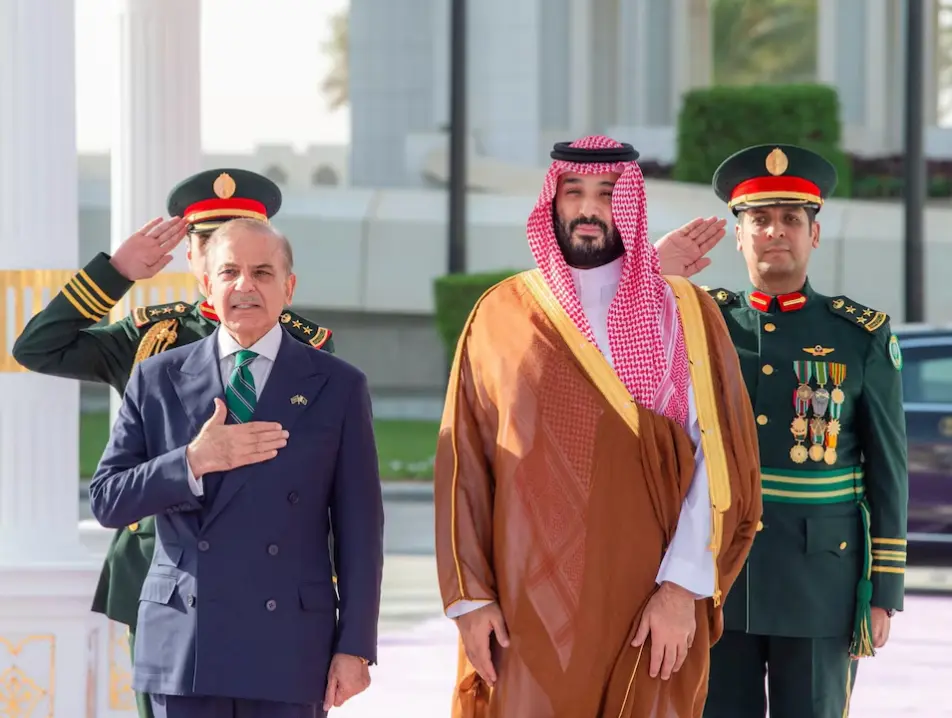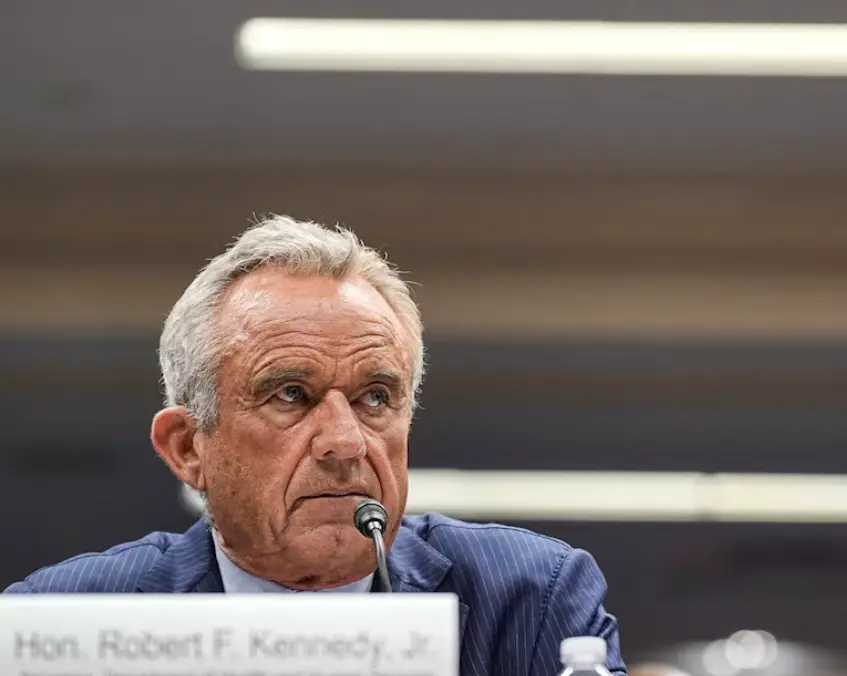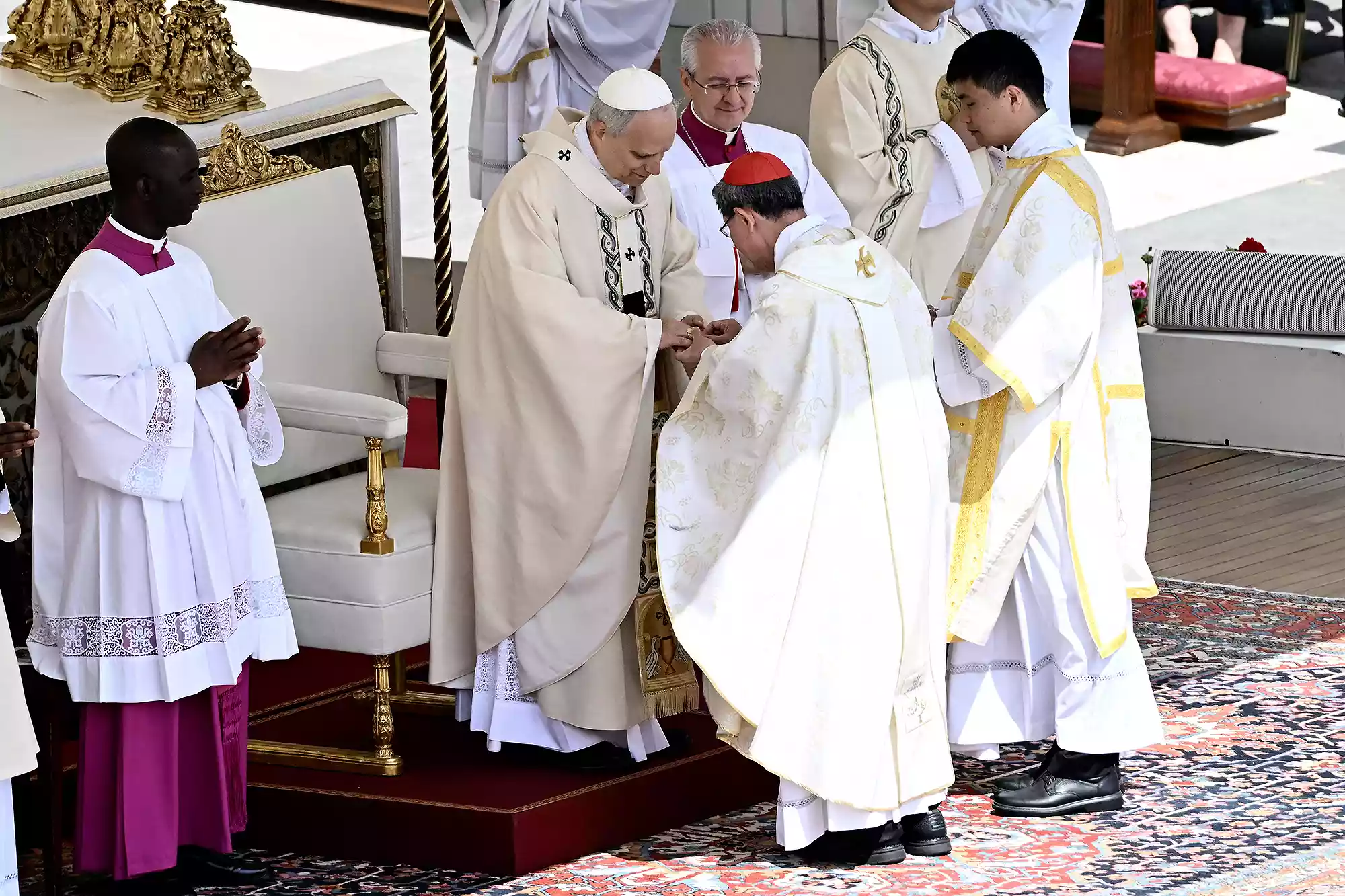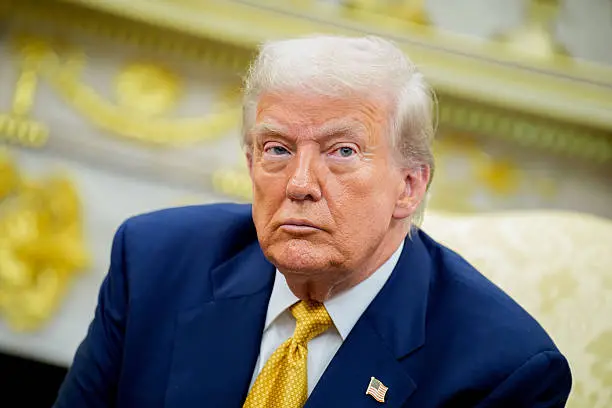
Saudi-Pakistan Defense Pact Brings Nuclear Dimension Into Middle East Security
GeokHub
Contributing Writer
September 2025 — A newly signed defense agreement between Saudi Arabia and Pakistan has introduced a significant shift in Middle East security dynamics, with Pakistan’s nuclear capability now indirectly entering the regional equation.
Strengthening Strategic Ties
The pact, announced this week, formalizes military cooperation between Riyadh and Islamabad. While details of the arrangement remain limited, officials confirmed it covers joint defense planning, intelligence sharing, and potential military training exercises.
For Saudi Arabia, the agreement marks a deeper alignment with a long-time partner. Pakistan, meanwhile, stands to gain both financial support and an expanded role in shaping regional security.
The Nuclear Question
Though the agreement does not explicitly reference nuclear weapons, analysts highlight the unspoken reality: Pakistan is the only Muslim-majority country with nuclear arms. By forging a closer defense partnership, Saudi Arabia may be signaling its intent to rely more heavily on Pakistan’s deterrence posture as tensions rise in the Middle East.
A regional defense analyst commented, “This deal doesn’t mean nuclear sharing, but it does give Saudi Arabia indirect access to the credibility of Pakistan’s nuclear umbrella.”
This development has already sparked debate about how rival powers in the region will interpret the move.
Regional Reactions
The pact comes at a time of heightened security concerns across the Middle East, where rivalries involving Iran, Israel, and Gulf states continue to dominate the strategic landscape. Some observers see the Saudi-Pakistan deal as a counterweight to Iran’s military ambitions, while others worry it could accelerate an arms race in the region.
Neighboring countries are closely watching the implications, particularly given Pakistan’s longstanding role in balancing relationships with both Gulf states and Western allies.
Historical Ties
Saudi Arabia and Pakistan share a history of military cooperation dating back decades. Pakistani military advisors have previously worked in the Kingdom, and Saudi financial aid has often played a role in supporting Pakistan’s economy. The new pact, however, represents one of the most formalized steps toward institutional defense cooperation between the two states.
Potential Risks and Opportunities
The deal offers Saudi Arabia greater reassurance at a time when questions remain over external security guarantees. For Pakistan, it enhances its international standing but also risks entangling the country more deeply in Middle Eastern conflicts.
Analysts warn that the arrangement could complicate Pakistan’s delicate balancing act, especially in managing relations with Iran, a neighbor with whom it shares a long border and complicated history.
Looking Ahead
Whether the pact stabilizes or destabilizes the region will depend on how both sides manage its scope. If limited to conventional cooperation, it could strengthen deterrence and promote security. But if rival powers interpret it as the opening of a nuclear umbrella, it may spark broader strategic competition.
For now, the Saudi-Pakistan partnership marks a new chapter in Middle Eastern defense — one that brings Pakistan’s nuclear status into sharper focus.





